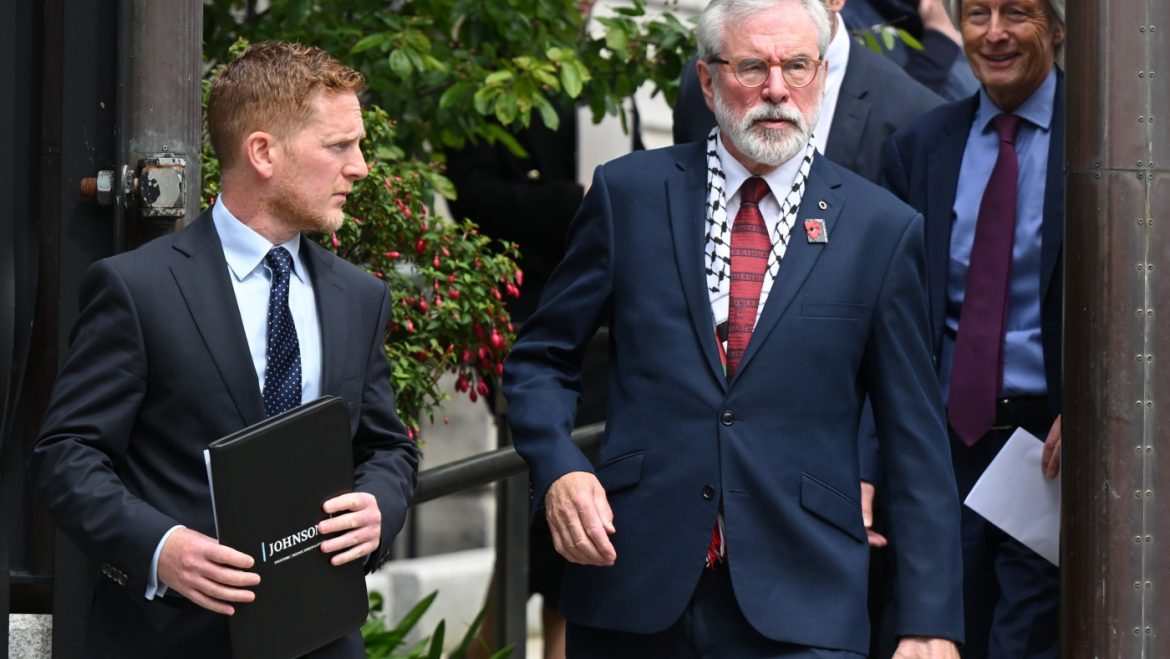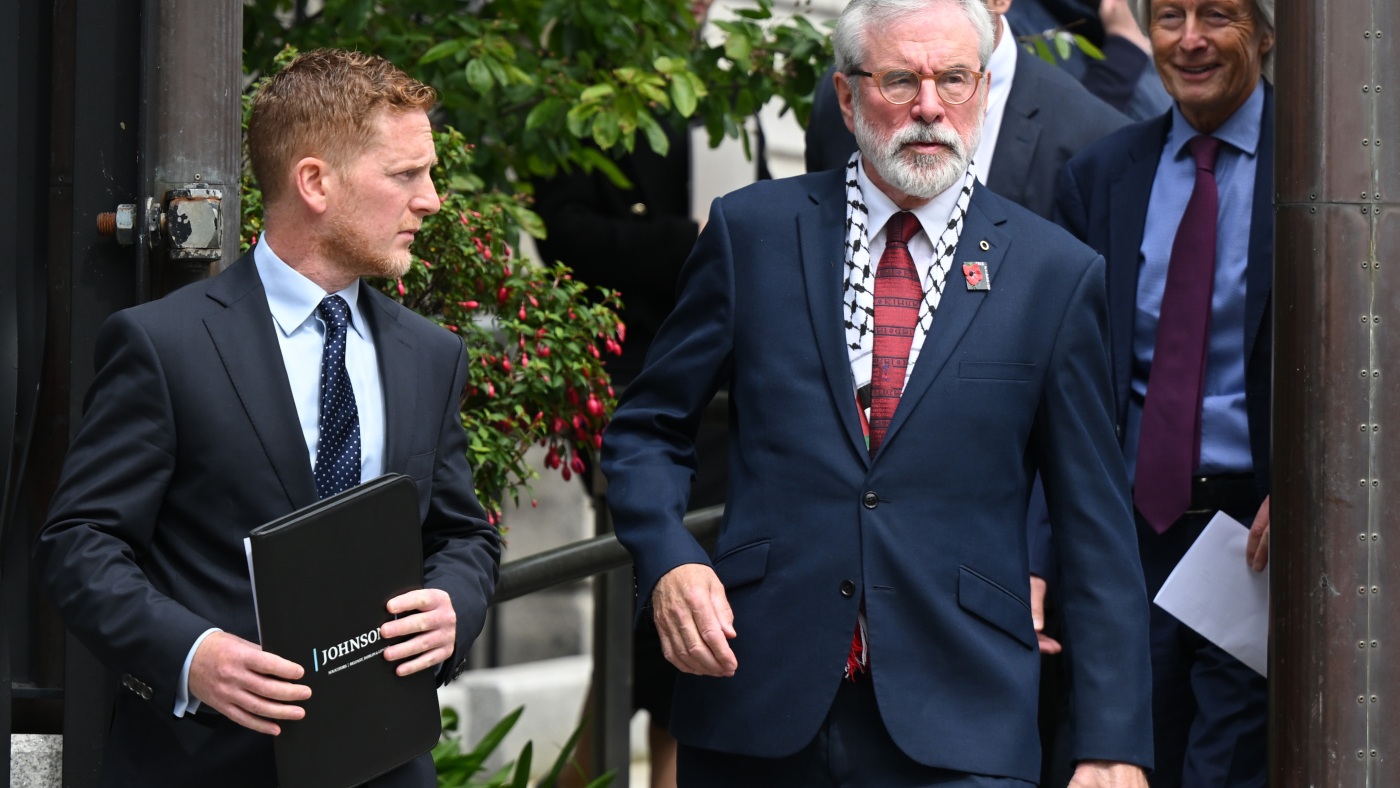Introduction
The recent Dublin High Court verdict awarding €100,000 in damages to former Sinn Féin leader Gerry Adams marks a significant legal and media event. This libel victory against the BBC centers on allegations made in a 2016 “Spotlight” documentary and accompanying online article that accused Adams of sanctioning the 2006 murder of Denis Donaldson, a British MI5 informant within the Irish republican movement. The court’s ruling not only sheds light on the intersection of journalism, reputation, and political history in Ireland but also reflects broader themes of accountability in investigative reporting.
Context and Background
Denis Donaldson was a high-ranking Sinn Féin official who publicly admitted to working for British intelligence. He was assassinated at his rural home in 2006. The BBC’s investigative piece suggested Adams gave final approval for this killing. These allegations reached a wide audience given Adams’s prominence as a figure closely associated with the peace process in Northern Ireland and his status as a respected (albeit controversial) political leader.
Adams took legal action on the grounds that the BBC’s claims were defamatory, damaging his reputation as a peacemaker. The BBC defended its report as grounded in an anonymous source’s testimony. However, the trial centered on whether the broadcaster had acted fairly, responsibly, and in good faith when airing such serious allegations.
The Court’s Findings
The jury deliberated for just under seven hours but ultimately sided unanimously with Adams. They found that the BBC had not acted in good faith or in a fair and reasonable manner. Key points in the judgment can be summarized as:
– Defamation upheld: The claim that Adams sanctioned Donaldson’s murder was unsubstantiated and defamatory.
– BBC’s conduct scrutinized: The court concluded the BBC did not adequately verify the anonymous source’s information before broadcasting such a serious accusation.
– Impact on Adams’s reputation: The report inflicted an unjustified attack on his standing as a political figure associated with peacebuilding.
– Damages awarded: €100,000 in damages compensated Adams for harm caused.
Significantly, the judgment emphasized the responsibility of media outlets to balance investigative zeal with rigorous fact-checking, especially when reputations and legacies are at stake.
Implications for Journalism and Media Ethics
This judgment highlights several lessons for media organizations:
– Verification of Anonymous Sources: While anonymous contributors can offer valuable insights, their claims must be corroborated with rigor before publication.
– Fairness and Good Faith: Broadcasting allegations that irrevocably damage a person’s honor demands prudence and adherence to journalistic standards.
– Reputation vs. Public Interest: The court emphasized that even public figures possess reputations deserving of protection from reckless assertions.
– Impact on Investigative Reporting: The decision may cause media outlets to reconsider the threshold of proof required before advancing allegations, particularly in politically sensitive contexts.
The case underscores the delicate balance between holding powerful figures accountable and avoiding frivolous or harmful accusations that lack evidentiary support.
Political and Social Resonance
Gerry Adams’s victory reverberates beyond media circles. Politically, Adams has long been a controversial but pivotal persona in Ireland’s recent history, linked both to armed struggle and to peaceful negotiations. The libel claim can be seen as part of his broader effort to defend his legacy against narratives that would tarnish his role in transitioning Sinn Féin into a legitimate political force.
For those invested in the peace process or with strong opinions about the Northern Ireland conflict, the verdict may provoke polarized reactions. Supporters of Adams are likely to view it as vindication, while critics might perceive it as curtailing journalistic freedom or obscuring uncomfortable truths.
Conclusion: A Landmark in Media and Legal Terrain
The Dublin High Court’s decision to award €100,000 to Gerry Adams against the BBC for defamation signifies a landmark moment illustrating the gravity of libel law applied to media reportage involving political figures. It crystallizes the legal need for responsible journalism that balances vigorous investigation with evidentiary caution.
This outcome invites ongoing reflection on the responsibilities of news organizations when tackling contentious historical and political issues. It also affirms that reputations, especially those carefully cultivated over decades, remain fiercely protected under the law.
Ultimately, this case challenges both media producers and consumers to consider how truth, justice, and accountability intersect in a world overloaded with complex narratives. The Adams-BBC saga stands as a potent reminder that behind headlines and anonymous claims lie individuals whose lives and legacies hang in the balance.


